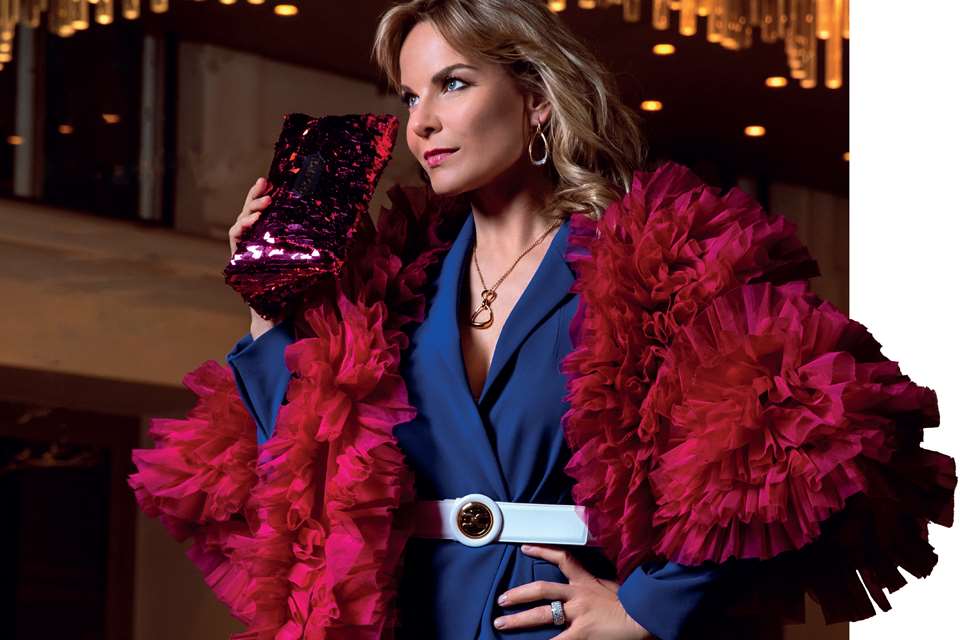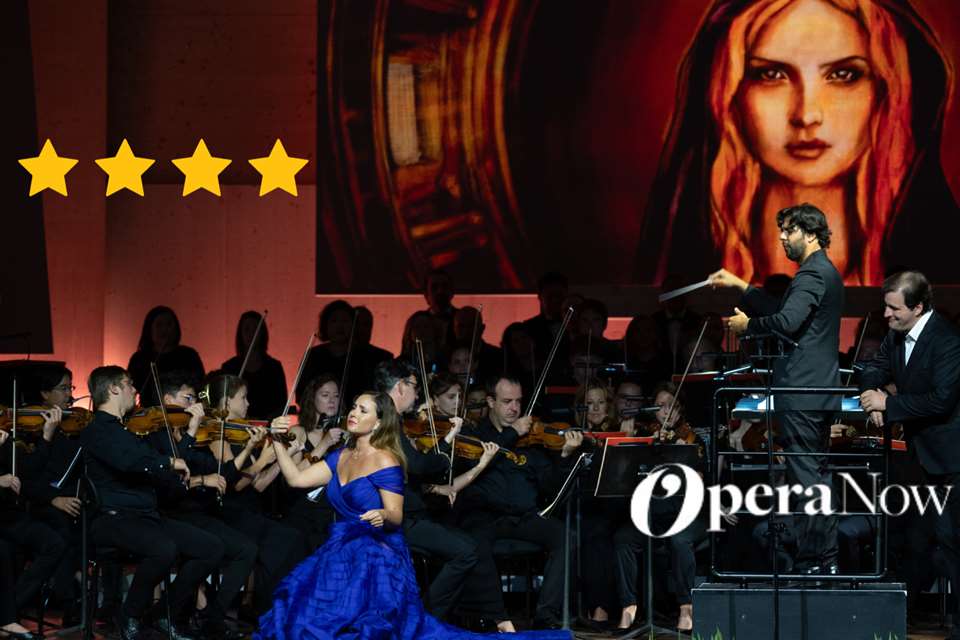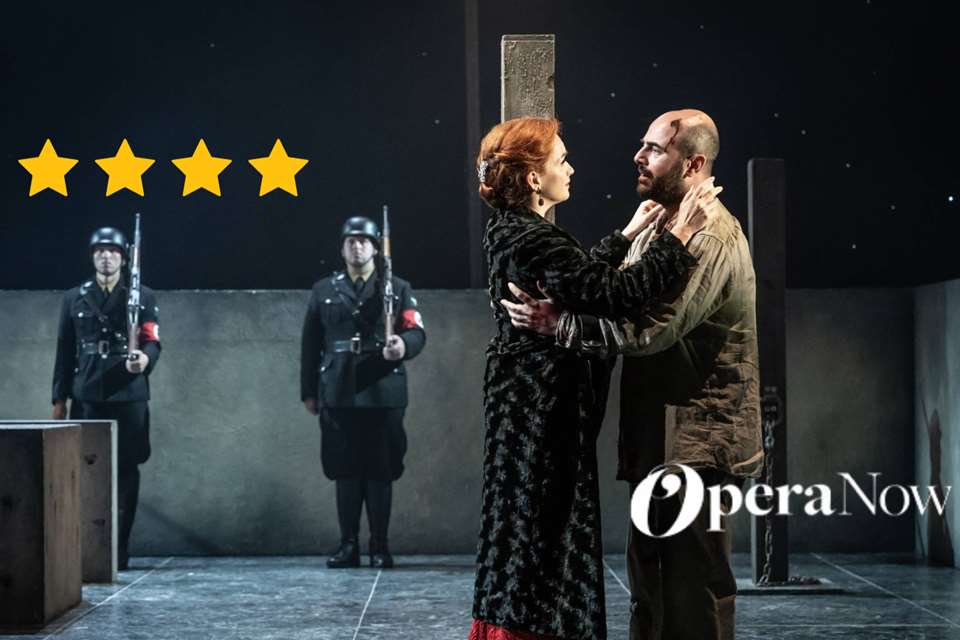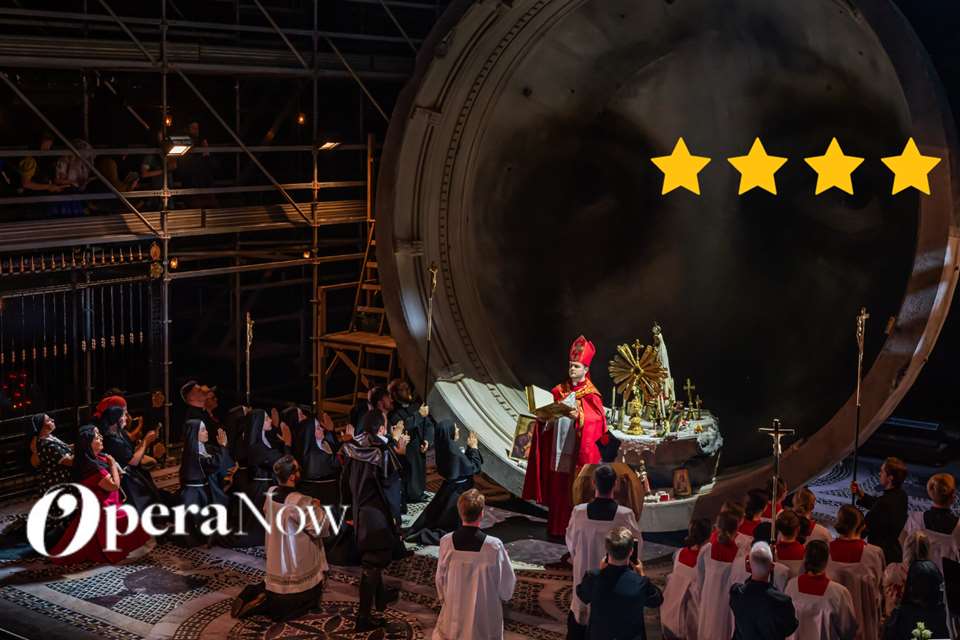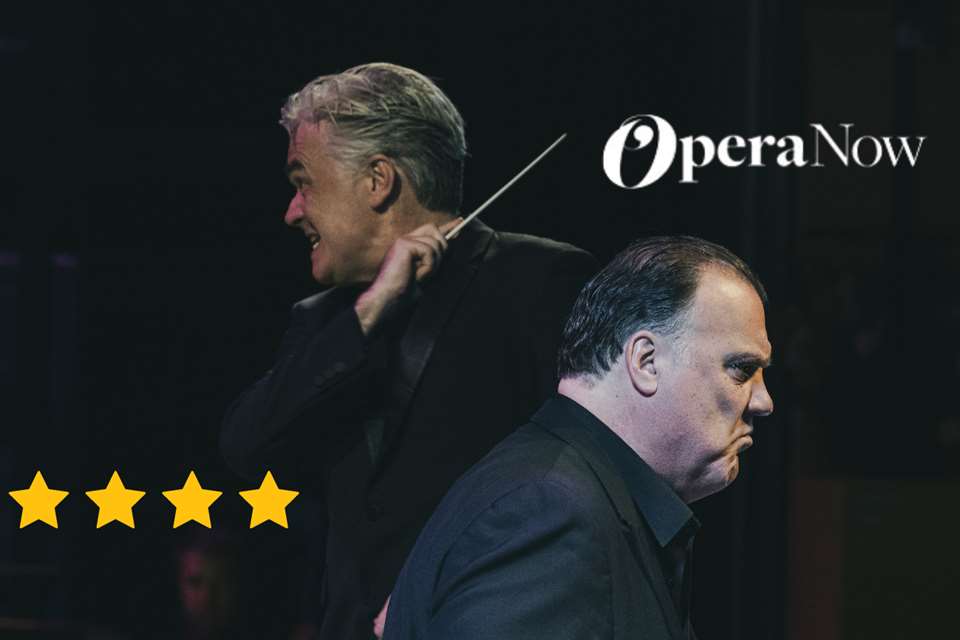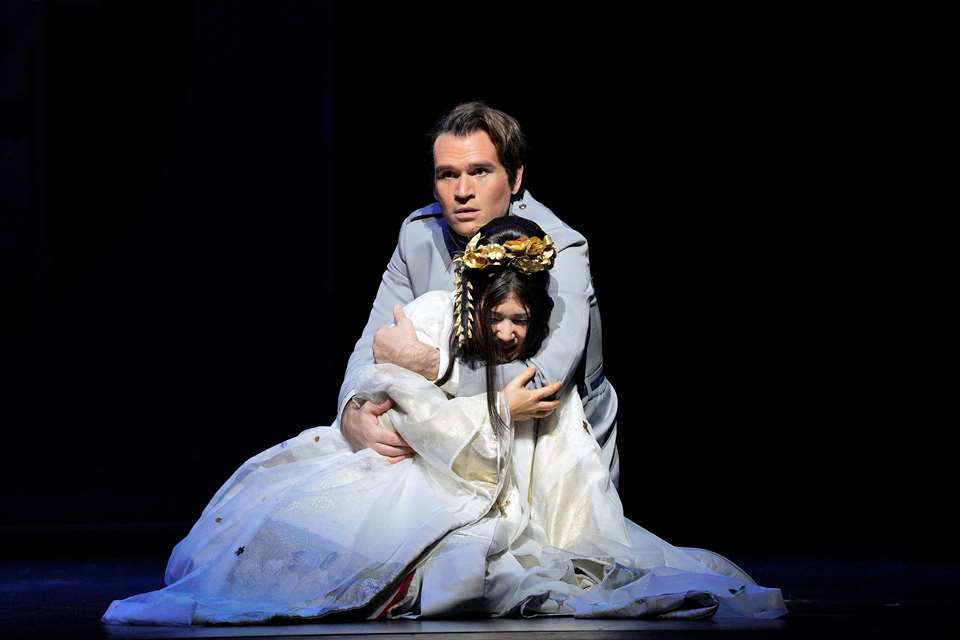If Taylor Swift was an opera composer…
Satu Fox
Tuesday, January 30, 2024
Exploring the singer’s parallels with Puccini and why the opera stage should utilise up-and-coming songwriters
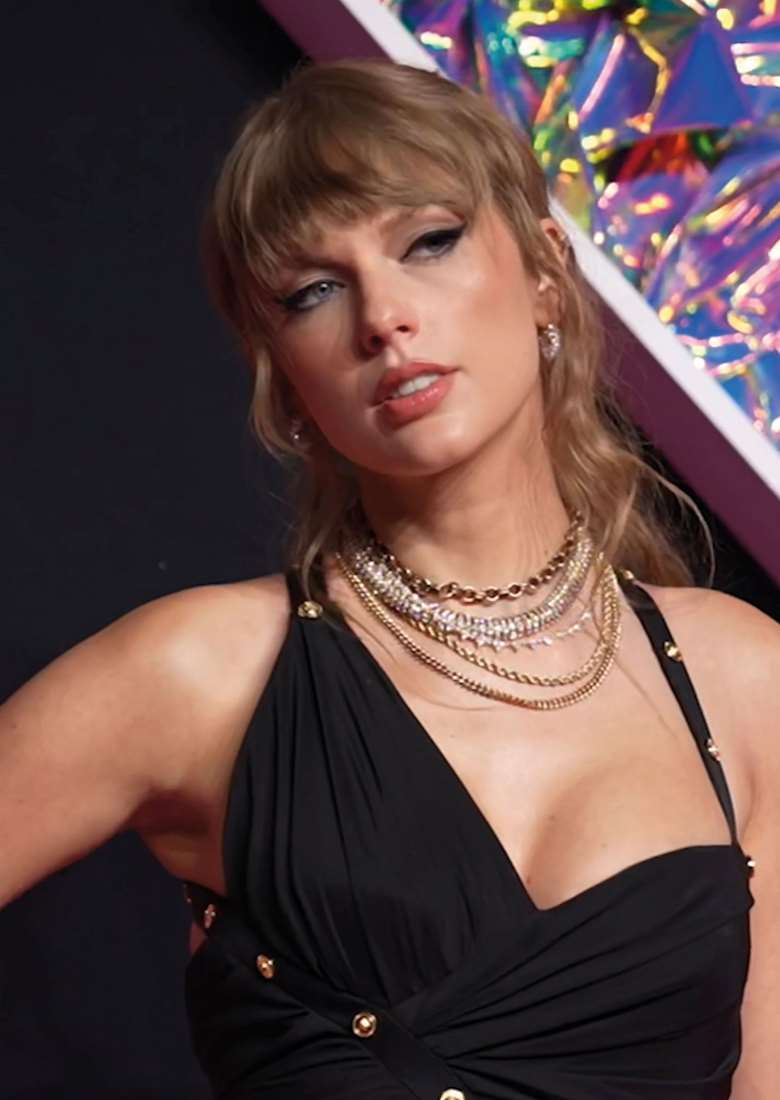
Register now to continue reading
This article is from Opera Now. Register today to enjoy our dedicated coverage of the world of opera, including:
- Free access to 3 subscriber-only articles per month
- Unlimited access to Opera Now's news pages
- Monthly newsletter




